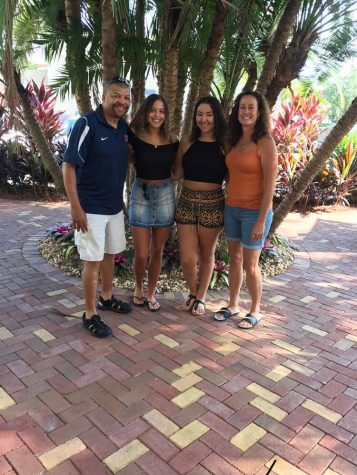
Imagine walking through a forest preserve, you see the bright leaves on the trees. You can smell the earthiness of the forest, you walk towards a river and you can see the sky’s reflection in the water, you see yourself walking on the gravelly shore. But, there’s one thing missing: you can’t hear anything going on around you.
Jada Smith, 17, is a Morton West senior whose parents are deaf and experience a world without sound daily. Smith has grown up around this deaf culture and shared her reflections with The Sterling on the unique experience of growing up hearing with parents who are deaf.
LT: So both of your parents are deaf?
JS: Legally they are deaf, but they are hard of hearing. Meaning they can hear a little.
LT: Since both of your parents are deaf, does that mean you or your siblings are?
JS: Well I have a sister, Jasmine, but she is hearing and so am I.
LT: Are any of your other family members deaf?
JS: Yeah most of my dad’s and mom’s sides are deaf except for a few cousins who are hearing. It actually goes back three generations on my dad’s side.
LT: How do you and your parents/family members communicate?
JS: We sign and talk while we sign.
LT: Is it just called sign language or is it called something else?
JS: Well I know ASL, which is American Sign Language.
LT: So theres different sign languages in different countries?
JS: Yes, like there is British Sign Language in Britain.
LT: Is it similar to ASL (American Sign Language)?
JS: No it’s completely different.
(She then signed the BSL alphabet, which uses both hands, and the ASL alphabet which is done on one hand.)
LT: How did you learn ASL?
JS: My parents and family taught me.
LT: When did you learn ASL?
JS: I learned it alongside English when I was little, I learned it like a second language.
LT: Since you learned it so young do you think in ASL?
JS: No I don’t, but my mom does sometimes, depending on who she’s thinking about but mainly she thinks in English. I actually asked my friends who have deaf parents to ask their parent and most of their parents do think in ASL.
LT: Since both your parents are deaf, how do you get their attention?
JS: I can get their attention by stomping on the ground and they feel the vibrations or I call them really loud since they’re not fully deaf.
LT: So if you needed to get ahold of your parents and you weren’t home, how would you? Besides texting!
JS: We either FaceTime or I call my VP.
LT: What is a VP?
JS: It’s a video phone that I can call, well I call a number and I get connected to an interpreter who signs to my parents while I talk, it’s pretty much a three way call.
LT: Is it ever awkward to use the interpreter over the VP?
JS: Yes it is, and there can be some miscommunication too because the interpreter can misunderstand a tone of voice and sign in a way that’s completely different, or they misunderstand the way someone is signing and talk in the wrong tone of voice.
LT: So you go to a camp, what is it called?
JS: The camp I go to is called KODA Camp Midwest.
LT: So there are more camps?
JS: Yeah. There’s one in California called KODA West, I hear they’re starting one in South Dakota, and there’s one in New York called Camp Mark Seven. That one is special though because both KODAs and deaf kids go to it.
LT: What does KODA stand for?
JS: It stands for kids of deaf adults.
LT: Do they have it in other countries or is it just a US thing?
JS: Oh yeah, they have it in other countries. There is definitely one in Britain, Europe.
LT: How long did you go to KODA camp?
JS: I went for six years, starting in 2011 and I stopped going in 2016.
LT: While you were there did you make new friends or did you have friends who already went?
JS: I knew some people who went and we became a lot closer because of camp and I also made a lot of new friends that I could relate to.
LT: What did you do at this camp?
JS: Basically it is a basic summer camp, but we do talk about what it’s like to be a KODA, even if we didn’t have activities when we were supposed to talk about it we did. KODA camp was a place where I acted my KODA culture and were we would talk in ASL.
LT: Have you ever experienced anything negative because your parents are deaf?
JS: No one ever says anything to me but when I went on a cruise with my family were we on an island and we were trying to rent jet skis they wouldn’t let my parents at first. They were saying that they couldn’t because they are deaf, which is technically a disability *she eye rolled* but in the end they let them rent and ride them.



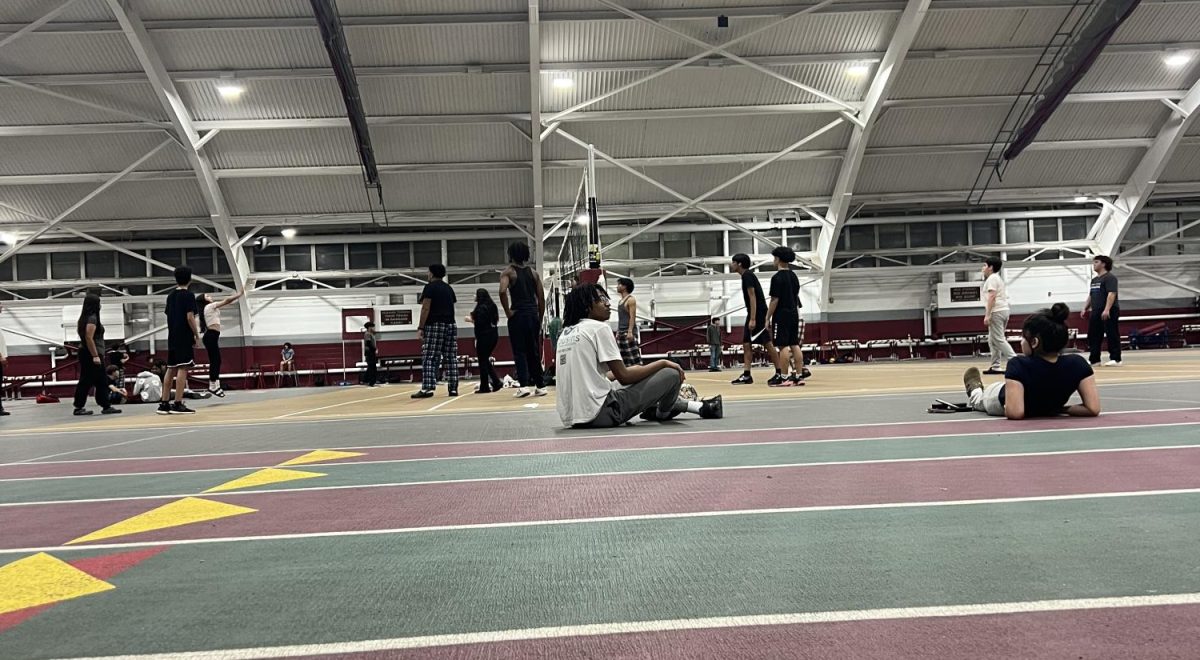
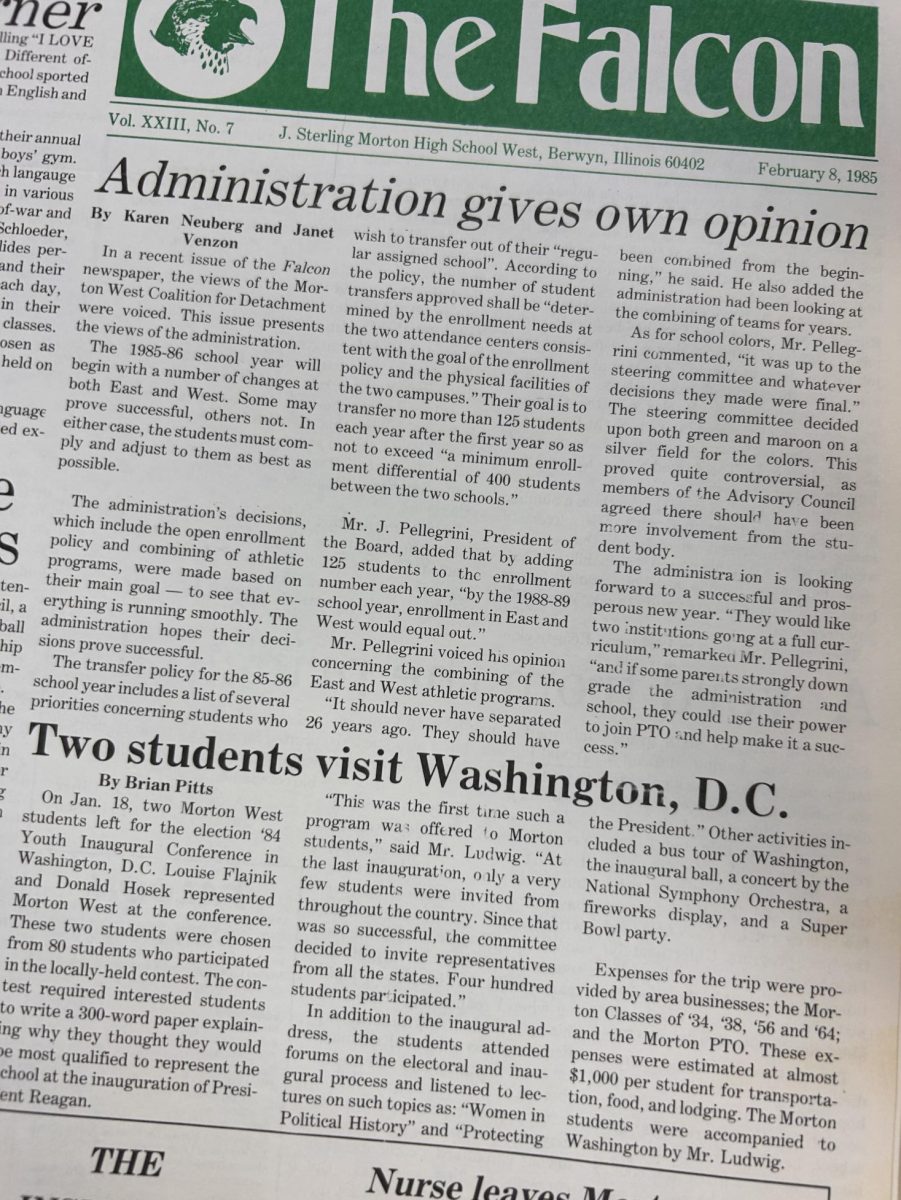
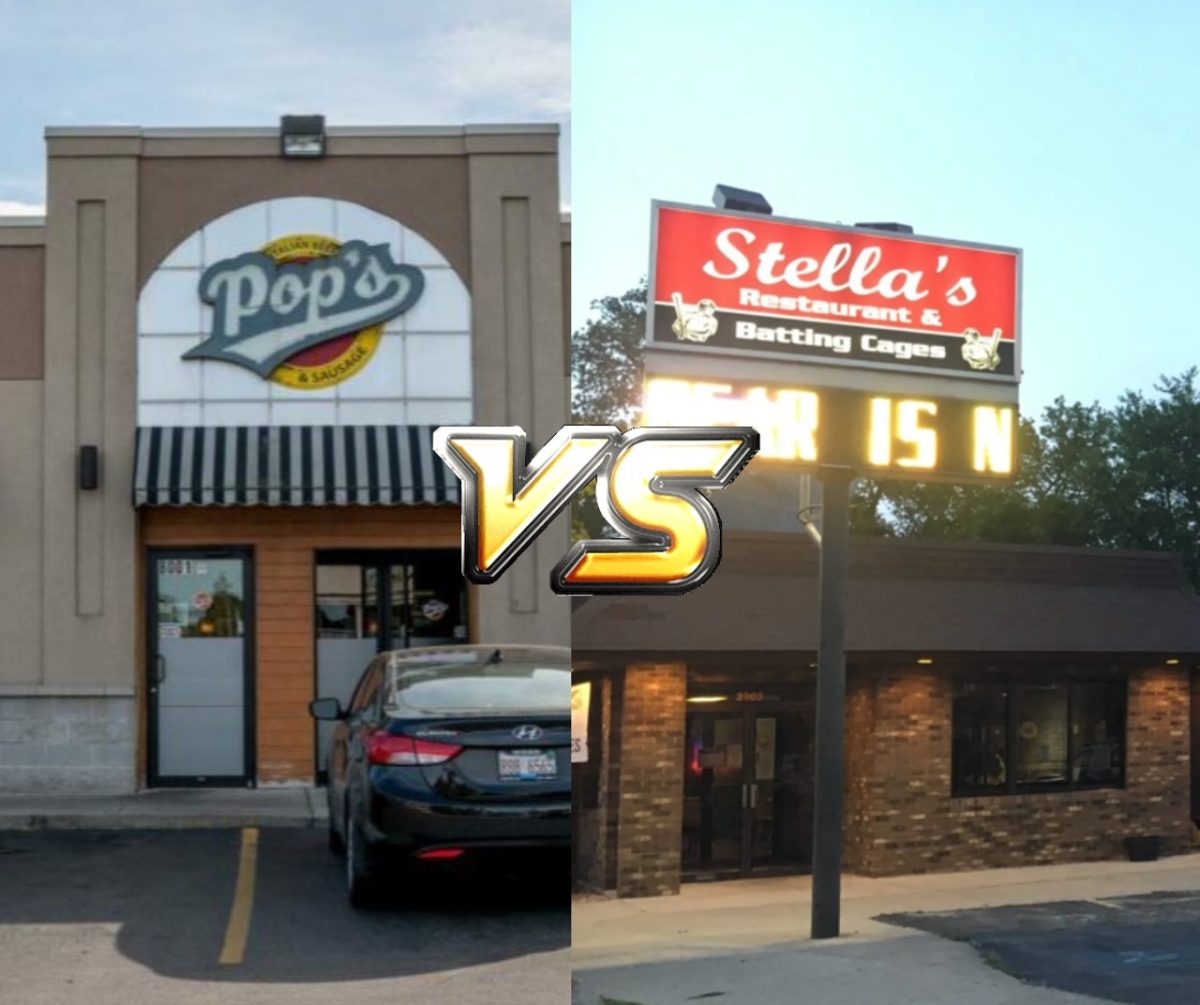

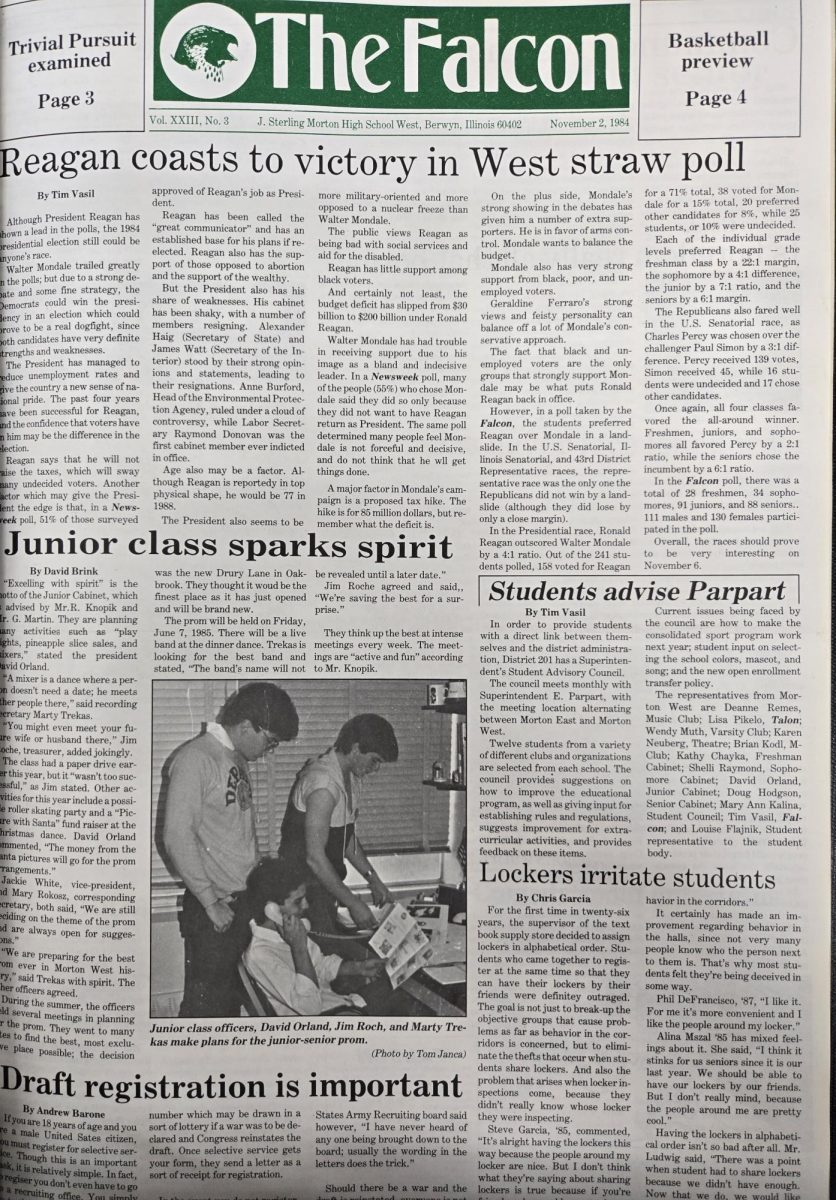
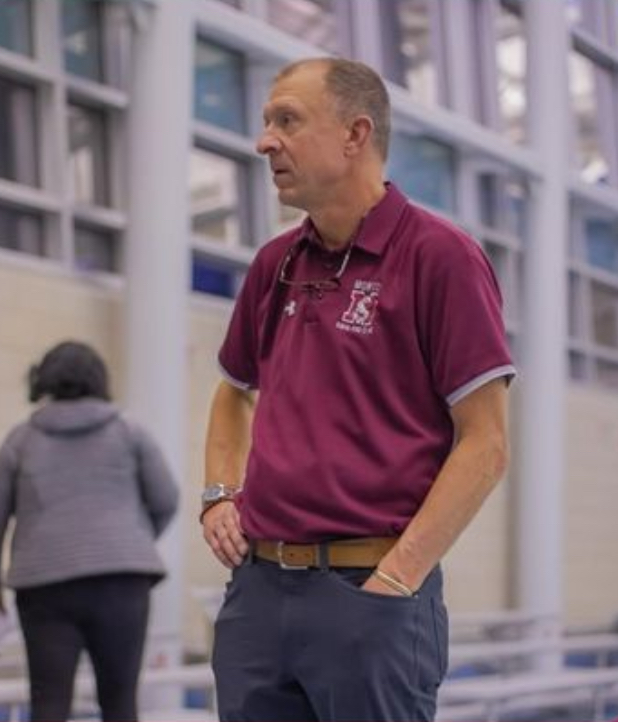
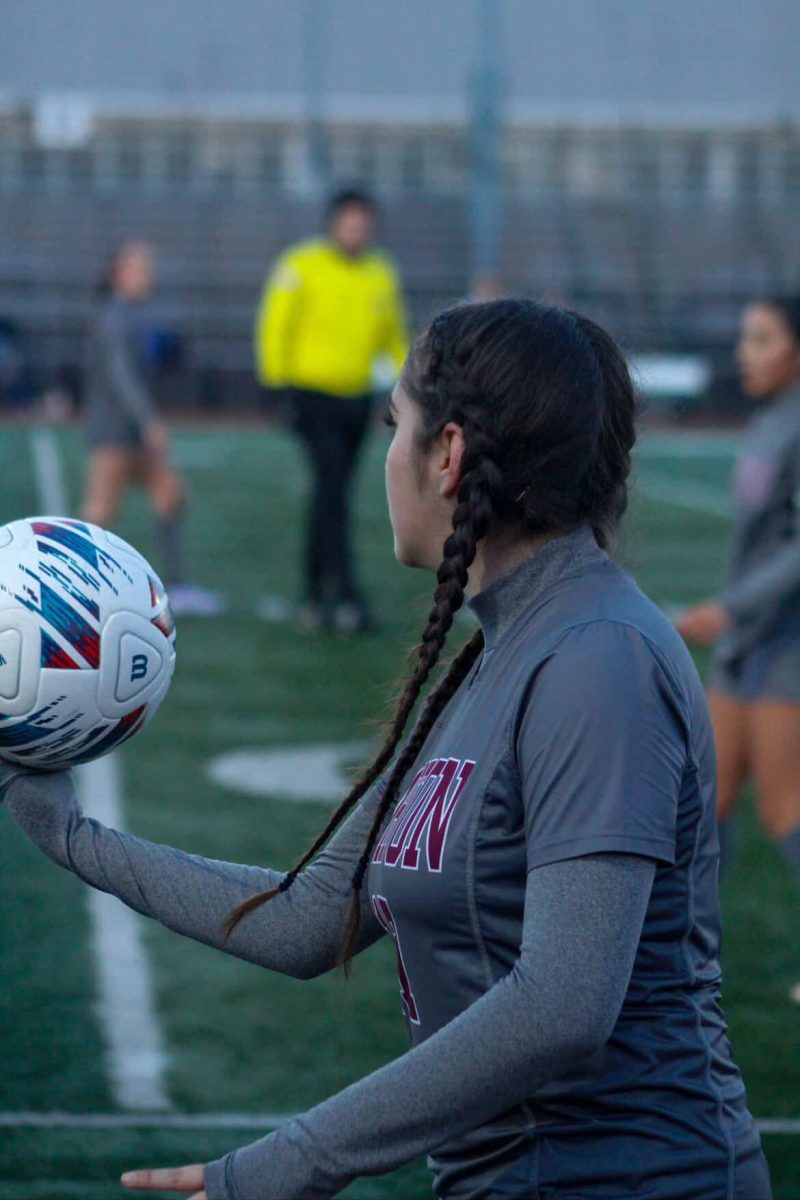
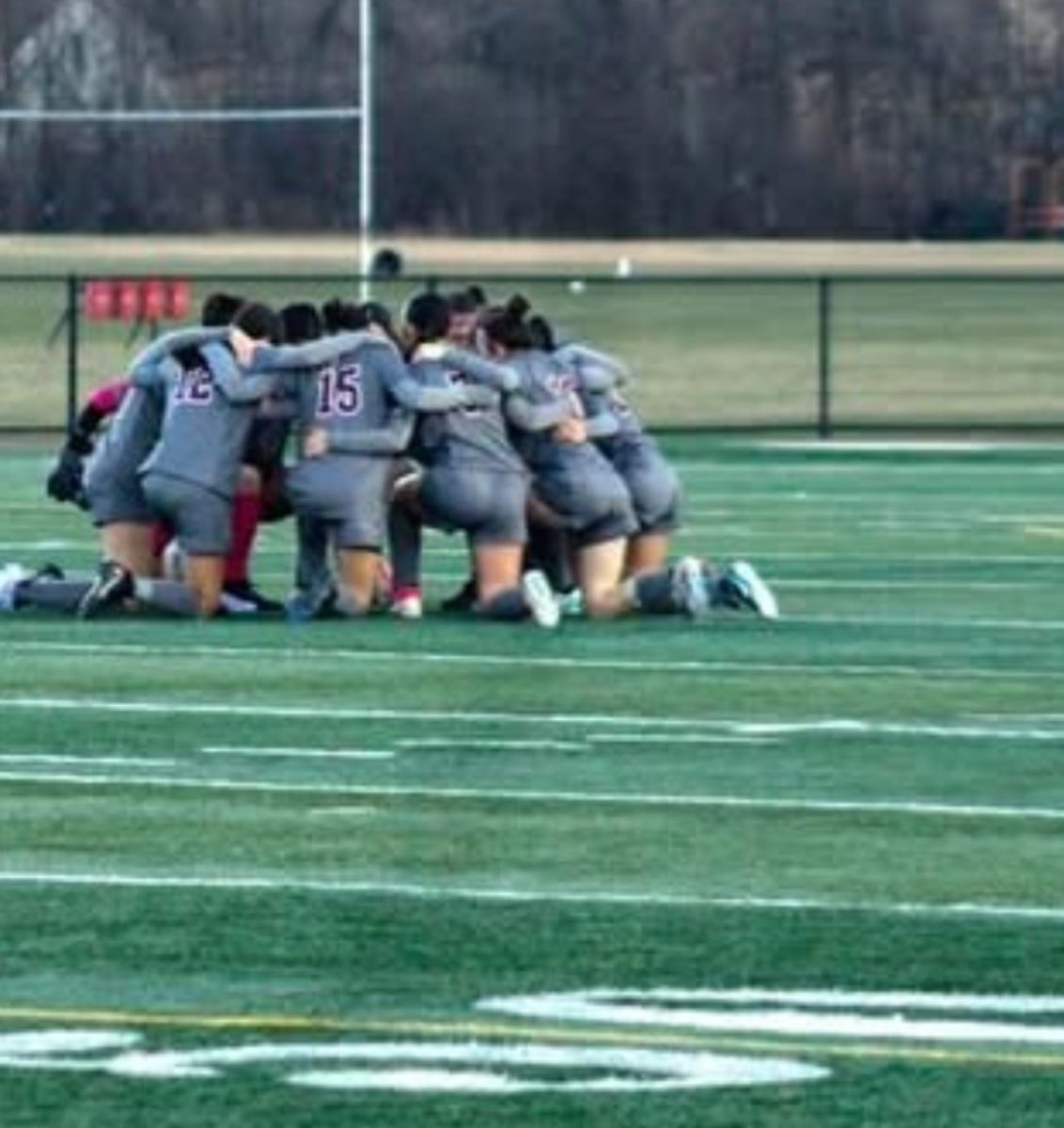
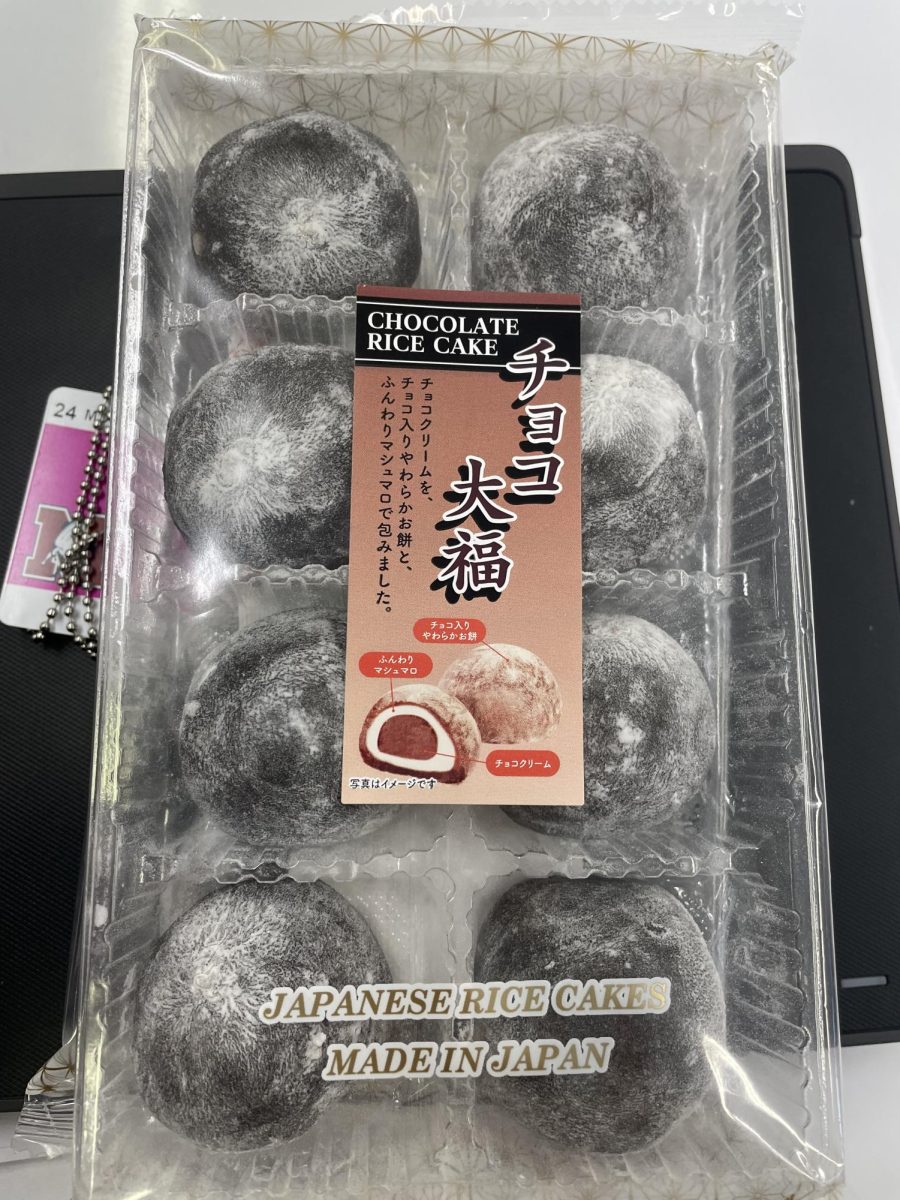
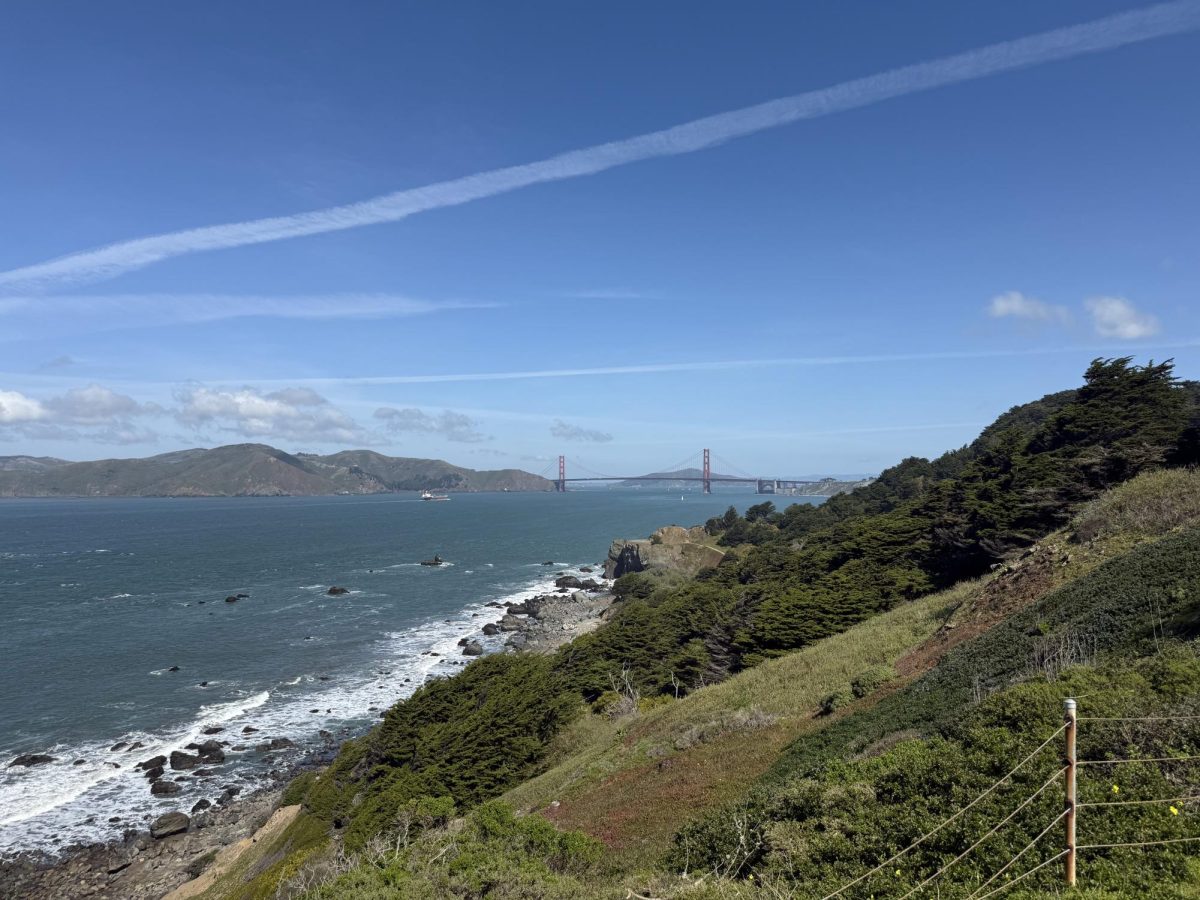
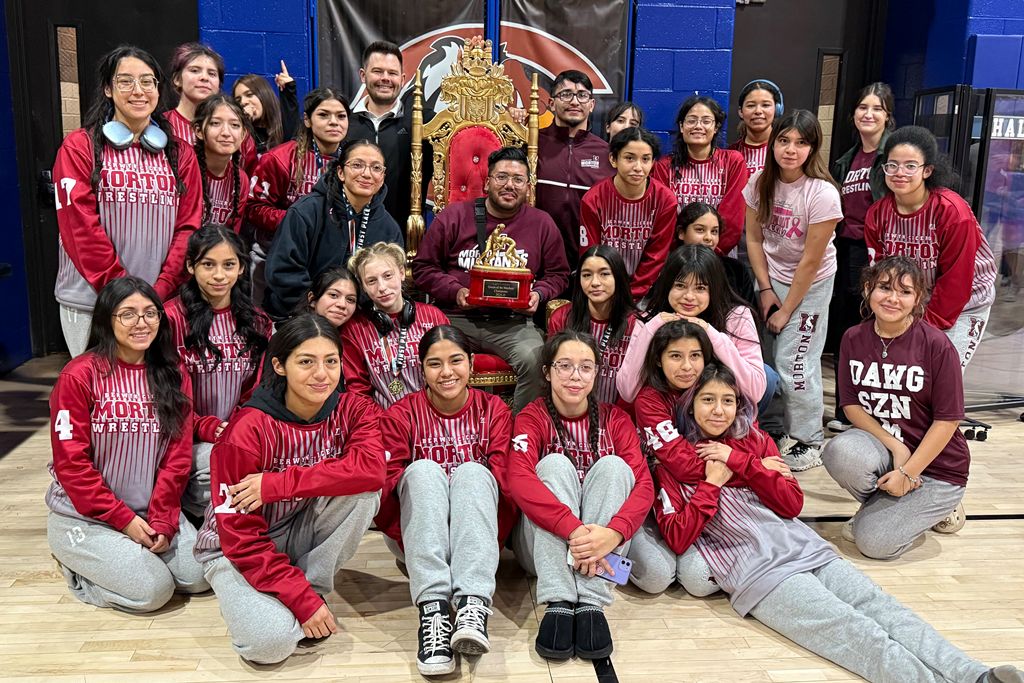
Karla Escamilla • Nov 10, 2017 at 11:07 am
I like the site, I did not know about and I’ve never been on it. This article was very interesting because I never thought about how it would be like to be a child of deaf parents. I learned new things about ASL because i did not know that there was British Sign Language that is completely different than ASL. I really liked this article because it made me think that living this way isn’t always hard or bad. There are other ways to communicate and things to do to make communicating easier. Overall, I liked this article, very good job.